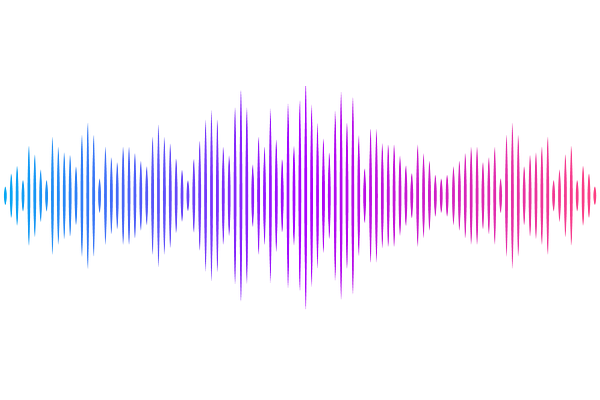Membrane proteins ClcB, PtsI and YcaM mediate the bactericidal effects of colistin in Escherichia coli

Membrane proteins ClcB, PtsI and YcaM mediate the bactericidal effects of colistin in Escherichia coli
Donafee, R.; Radi, M.; Kell, D. B.; Salcedo-Sora, J. E.
AbstractBacteria can be killed very effectively by targeting their first line of protection. The cell membranes (outer and inner membranes) of Gram-negative bacteria are directly targeted by antibiotics, such as polymyxins, via electrostatic interactions with their lipopolysaccharide (LPS) fraction. The downstream effects - preceding the cell death - of the disruptions of the bacterial membranes upon the intercalation of these antibiotics are unknown. By screening a set of E. coli membrane protein knockouts, three membrane transporters were shown to mediate the growth-inhibitory effects of colistin. This was corroborated with growth assays on gain-of-function strains, cytotoxic assays and in vivo infections in an invertebrate animal model. This is first-time evidence that the disruption caused to membrane proteins, such as the chloride channel ClcB, the sugar transport system component PtsI and the hypothetical Glutamate:GABA antiporter YcaM, is part of the cytotoxic pathway that follows or is concomitant to the electrostatic intercalations of polymyxins with the Gram-negative bacteria membrane.